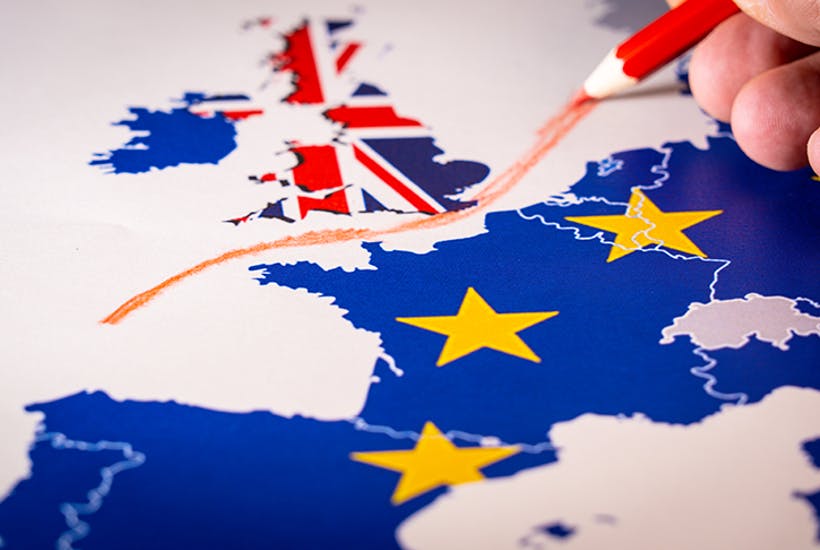
Regulatory alignment vital, says CBA
Submitted by:
Andrew Warmington
The Chemical Business Association (CBA), which represents chemical distributors in the UK, has joined other associations in responding critically to Chancellor Sajid Javid’s recent statement that there would be no regulatory alignment with the EU following Brexit.
According to the CBA, it is vital for the UK’s chemical sector to have a level of regulatory alignment that preserves its frictionless access to EU markets, which account for 60% of its exports and 70% of its imports. It called on the government to negotiate a form of regulatory alignment or regulatory equivalence to this end.
“The chancellor’s remarks do not take account of the situation facing highly regulated areas of the economy, such as chemicals, that are dependent on international trade as well as underpinning the needs of UK companies. Simply stating that the UK ‘will not be a rule-taker after Brexit’ risks denying UK business access to essential chemical products,” said CBA chief executive, Peter Newport.
“The chemical sector’s regulatory framework has a distinctive relationship with trade,” Newport added. “Regulatory compliance is the key to market access. In this case, the EU alone determines the nature and extent of the compliance required. Compliance with EU requirements is non-negotiable. Failure to comply is a barrier to market access. Without market access there can be no trade.”
According to a survey of CBA members, a “significant number” have already created subsidiaries in EU member states to ensure that they can continue to comply with EU regulation and secure market access. This has involved investing in premises and employees, where they night otherwise have invested in the UK itself. In some cases, this has meant transferring – or, in the case of EU-owned companies, repatriating – production of certain key products.
“The regulatory divergence suggested by the Chancellor pursues so far unidentified benefits but risks additional border checks and delays and costs - as the UK and EU ensure products flowing in either direction meet their respective legislative compliance requirements,” Newport said.
